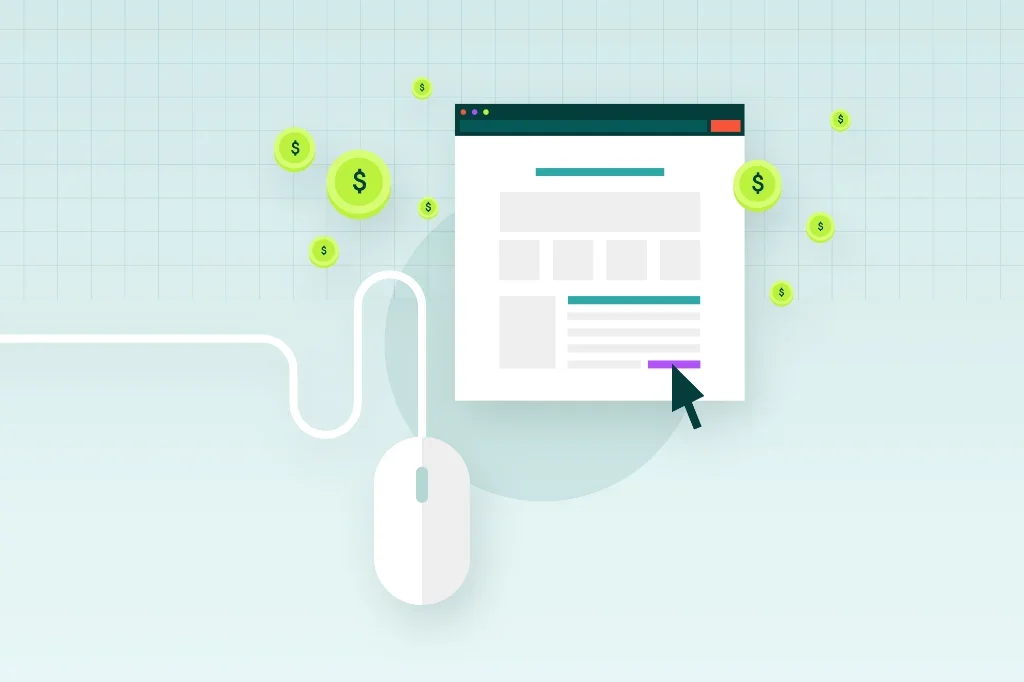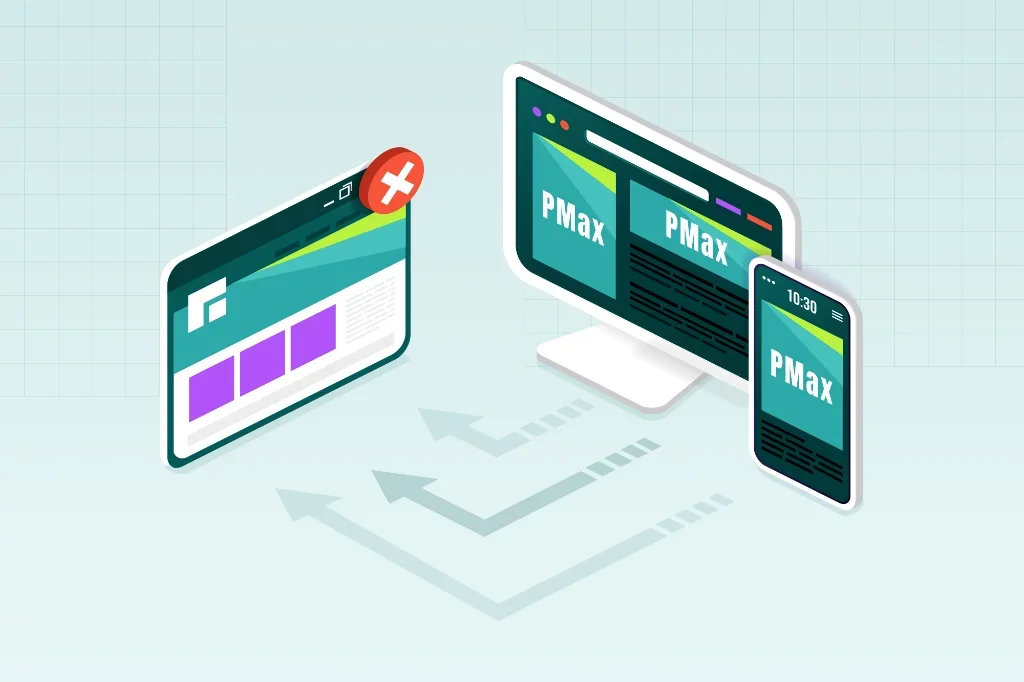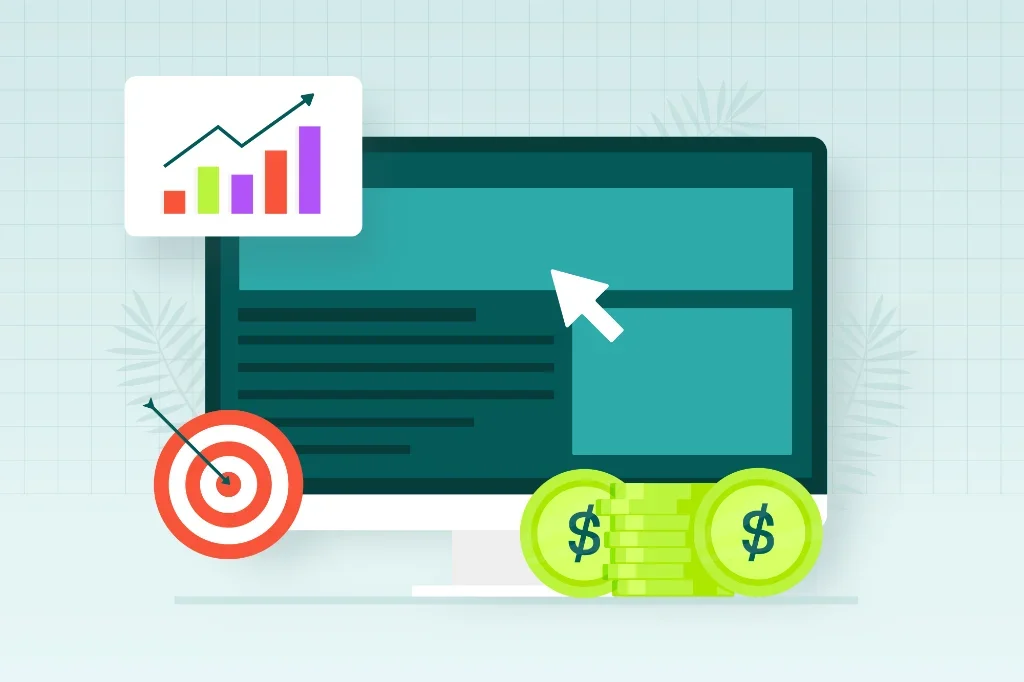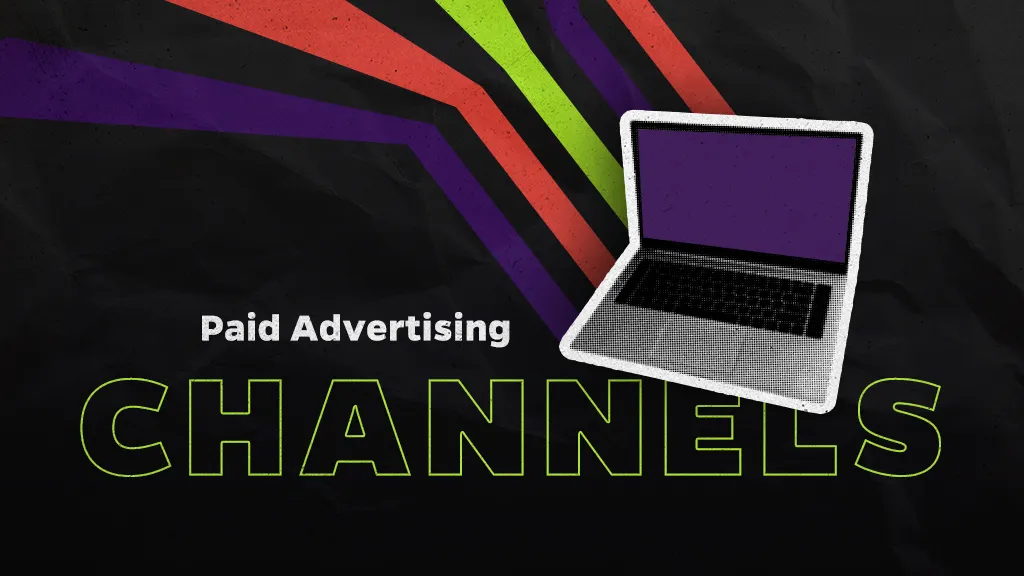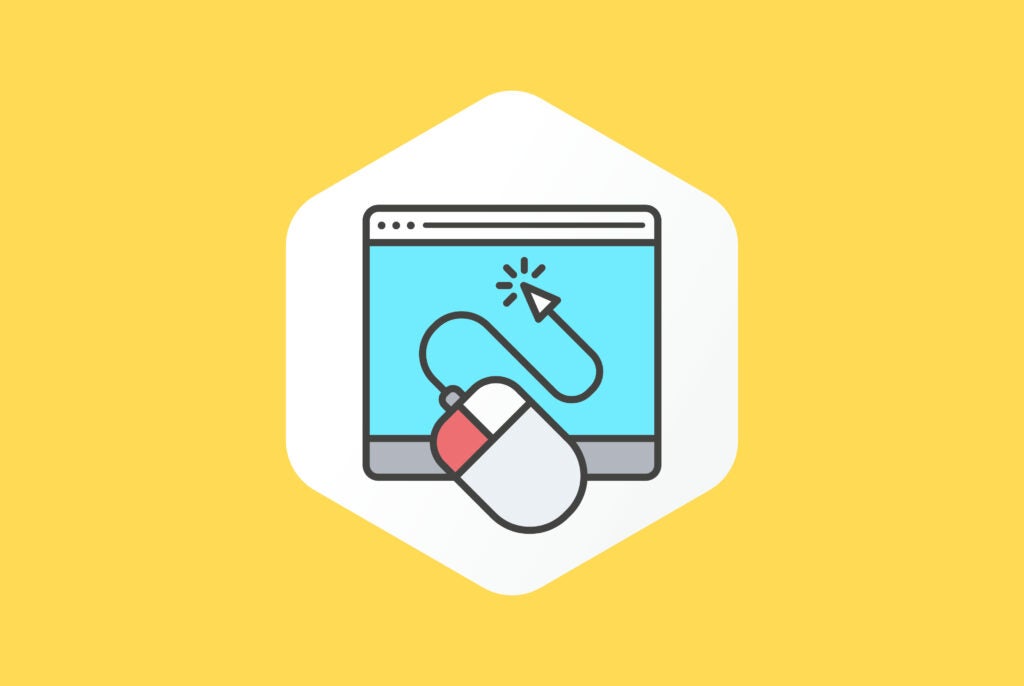Today, more than 90% of online activity begins with a search. Consequently, Pay Per Click (PPC) advertising is an essential approach to help spur your growth. PPC provides a fast track to visibility by placing your advertisement where people who are looking for your product or service can see it. It helps brands attract high-intent visitors, capture leads, and drive revenue without waiting for organic rankings to climb.
At the core of a successful PPC campaign, though, is the bidding strategy. This is the mechanism that decides when your ads appear, where they show up, and how much you pay to compete.
This article breaks down the PPC bidding process—from auction mechanics to smart bidding strategies. It can help you maximize your ad spend and get the most out of your campaigns.
The Basics of PPC Bidding
When you run a PPC campaign, you’re essentially entering an auction. A bid is the maximum amount you’re willing to pay for a user to click on your ad. The higher your bid, the more competitive you’ll be in the auction. That said, it’s not simply about throwing the biggest number on the table.
PPC bidding happens across several major platforms:
- Google Ads and Microsoft Advertising (Bing Ads) dominate search-based PPC.
- Social media platforms like Facebook, Instagram, and LinkedIn also rely on bidding to determine who sees your ad.
The type of bid you choose depends on your goals:
- Cost-per-click (CPC): You pay each time someone clicks on your ad.
- Cost-per-thousand-impressions (CPM): You pay per 1,000 ad views. This approach is ideal for increasing brand awareness.
- Cost-per-acquisition (CPA): You pay when someone takes a specific action, such as filling out a form or making a purchase.
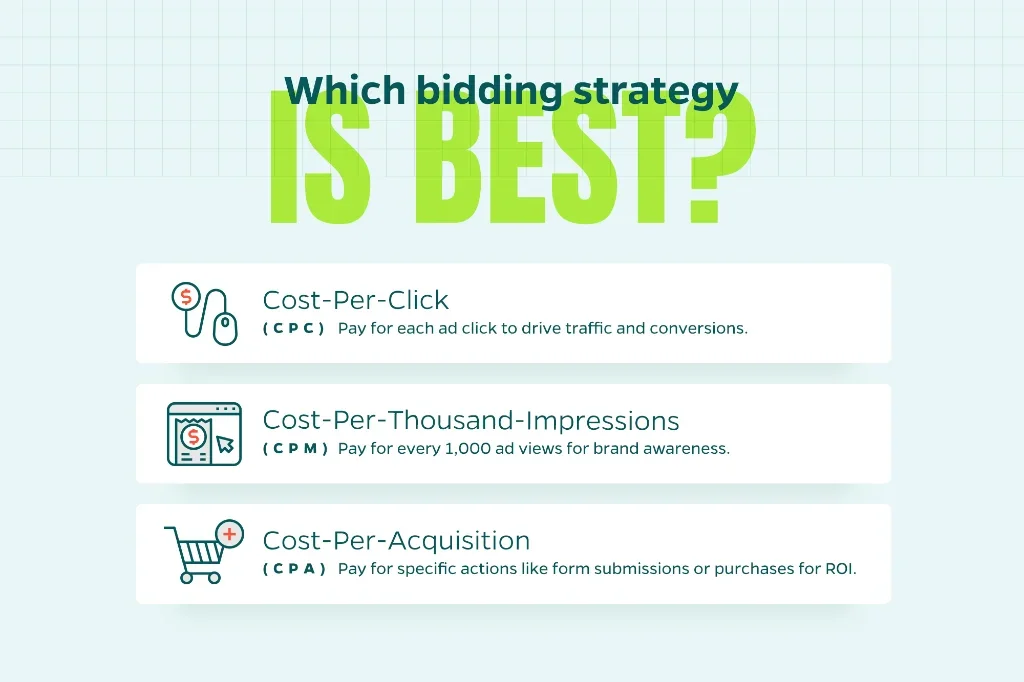
How the PPC Auction Works
Every time a user enters a search query, an auction takes place in real time. Although this action may only take milliseconds, there is a lot happening behind the scenes. Here’s a breakdown:
- The search triggers an auction. Platforms identify all ads bidding on keywords that match the query.
- Ad rank is calculated. Your position isn’t based on bid alone. The platforms use a formula like this:
Ad Rank = Bid Amount × Quality Score + Other Factors. - Winners are chosen. Ads with higher ranks secure better placements on the search engine results pages (SERPs).
Keywords are a major player here. You need to select the right match type. Here are some examples:
- Broad Match: Provides maximum reach but often attracts irrelevant traffic. Use sparingly and monitor closely.
- Phrase Match: Offers moderate control while maintaining reasonable reach. Words matching your keyword meaning must appear in the user’s search, but additional words can appear before or after.
- Exact Match: Delivers the highest intent and control but offers limited reach. This approach is ideal for high-converting, well-tested keywords.
- Negative Keywords: You can also exclude irrelevant searches that waste your budget. For example, you probably want to add “free” as a negative if you’re selling premium products.
Factors Influencing Bids and Auction Outcomes
Even with a strong bid, your ad’s performance depends on other elements:
- Quality Score: Platforms reward relevance. A higher score (based on ad relevance, expected click-through rate, and landing page experience) can lower your costs while improving placement. For example:
- A 5/10 Quality Score essentially indicates Quality Score will have minimal impact on your ad rank.
- A 1/10 Quality Score means Google will “tax” your keywords extra (higher CPCs for the same ad position as someone with a higher Quality Score).
- A 10/10 Quality Score means Google will “subsidize” your keywords (lower CPCs for the same ad position as someone with lower Quality Score).
- Competition and seasonality: More advertisers competing for the same keywords—especially during peak seasons—drives prices up.
- Budget constraints: Daily caps and bid limits keep you from overspending but can also limit visibility if your budget is too restrictive.
- External factors: Ad Assets (Google) or Ad Extensions (Microsoft Advertising) like site links, audience targeting, and remarketing lists can all boost performance without increasing bids dramatically.
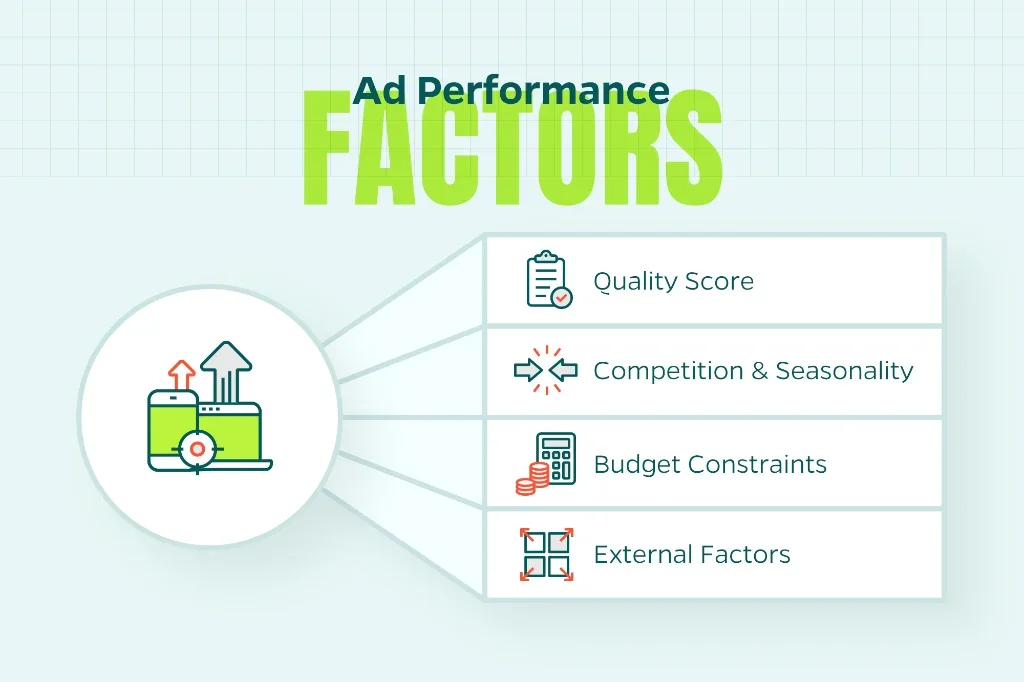
Bidding Strategies for Success
Once you understand the mechanics, it’s time to choose how you’ll manage bids.
- Manual bidding: You set and adjust bids yourself. This gives you maximum control but can be time intensive. Straight North, for example, rarely uses manual bidding in any capacity. It has become viewed as antiquated by the wider industry. Manual CPC is at a major disadvantage in 2025 as opposed to AI bidding.
- Why? There are thousands of micro-signals to consider in every auction. It’s impossible for a human (or group of humans) to analyze this data in real time and be even close to as effective as AI.
- Automated bidding: Platforms use algorithms to optimize bids based on your goals. Options include:
- Maximize Clicks: Focuses on generating the most clicks within your budget.
- Target CPA: Optimizes for conversions at your desired cost per acquisition.
- Target ROAS: Aims for return on ad spend goals.
- Maximize Conversions: Captures as many conversions as possible.
- Maximize Conversion Value: Optimizes for most revenue within your budget.
- Enhanced CPC (eCPC Microsoft Advertising): Adjusts your manual bids to increase conversions.
For Microsoft Advertising, the difference between Manual CPC and Enhanced CPC is that with eCPC, Microsoft has the flexibility to increase/decrease bids from your baseline bid if a conversion is highly likely. It’s like manual bidding but includes some AI boosters.
Advanced tactics like bid adjustments (by device, time, or location) and A/B testing can further refine your approach. Tools like Google Keyword Planner also provide estimates to guide your bidding decisions.
Common Pitfalls and Best Practices
Too often, advertisers fall into traps that drain budgets and weaken results. Common mistakes include:
- Ignoring Quality Score: Driving up costs by neglecting ad relevance or landing page optimization.
- Inaccurate Conversion Tracking: Without proper conversion tracking, bid strategies have no direction and will waste budget
- Aggressive/Unrealistic Bid Strategy Targets: Ensure your Target CPA/ROAS aligns with recent actual performance data and then get more aggressive over time. Starting too aggressive can shut down spend.
- Switching Bidding Models Too Quickly: Allow the bidding AI to get through the initial 3-5 days learning phase.
To avoid these pitfalls, follow proven best practices:
- Start with thorough research. Know your keywords, competitors, and audience.
- Monitor key metrics. Track CTR, conversion rate, and cost per conversion to measure success.
- Optimize regularly. Adjust bid strategies and targets, refine keywords, and test ad variations to stay competitive.
Conclusion
PPC bidding isn’t just about how much you’re willing to spend—it’s about how strategically you approach the auction. By understanding how bids, Quality Score, and strategies interact, you can stretch your budget further and achieve stronger results.
At Straight North, we specialize in turning PPC campaigns into powerful growth engines. If you’re ready to maximize your ROI and stop wasting ad spend, contact Straight North today to learn how our expert team can help.

